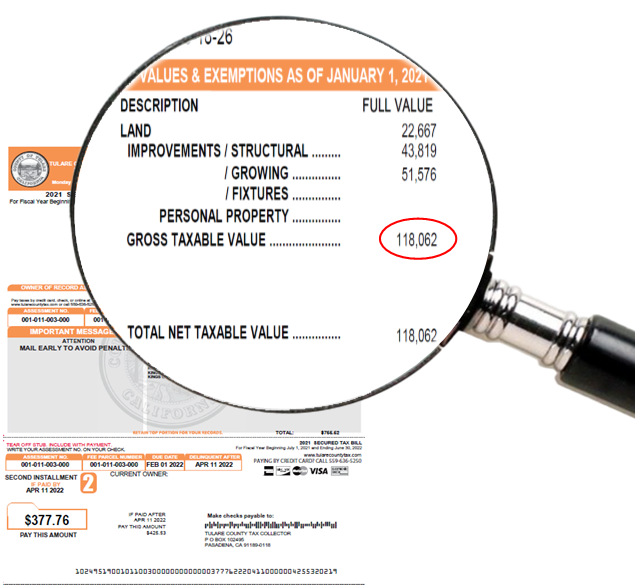 If you believe the market value of your ag property is less than its taxable value on January 1, you can request a value review be performed by the Assessor’s Office. Our office welcomes any information and market data you are willing to share that can help us arrive at fair and accurate assessments.
If you believe the market value of your ag property is less than its taxable value on January 1, you can request a value review be performed by the Assessor’s Office. Our office welcomes any information and market data you are willing to share that can help us arrive at fair and accurate assessments.